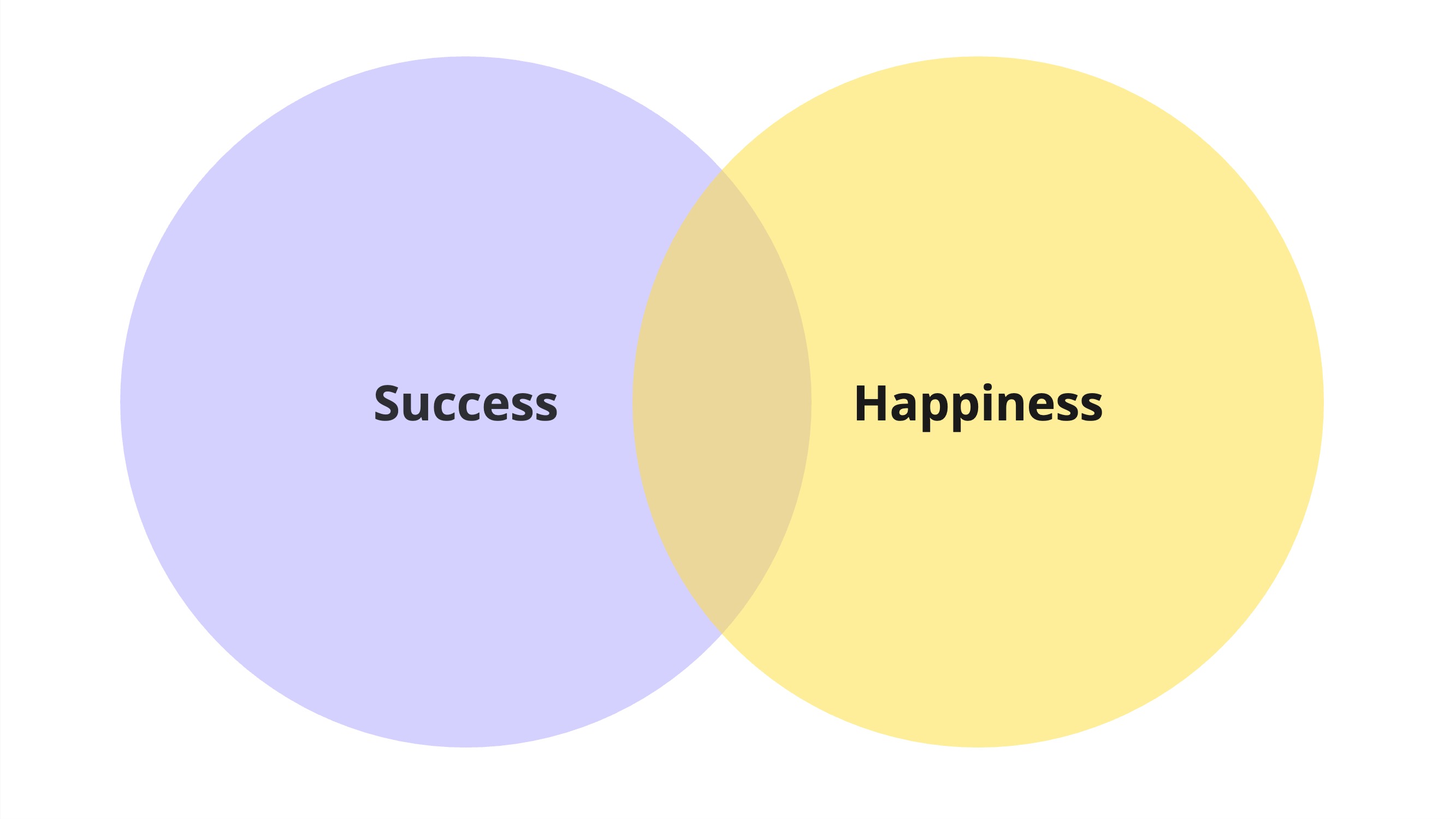As we navigate the rapidly evolving AI landscape, concerns about its impact on our lives and jobs are at an all-time high. This post was written mid-last year, and based on a presentation I gave in response to significant concerns about AI taking over tech jobs, especially following the release of ChatGPT. Last week, during a conversation with an advisor at my bank, I mentioned that I am working on introducing new AI-based features into Scotiabank’s digital products. Her strong reaction, expressing fear about AI knowing too much and posing a threat, prompted me to revisit this topic and finally publish this blog post.
I have always been a passionate techno-optimist1, particularly about the huge AI potential. While the doomed future portrayed in Terminator was entertaining and raising some concerns about the future of humanity, I genuinely believe in AI’s immense potential to benefit our world. Recent revelations by Geoffrey Hinton2, whom I highly admire, have tempered my pure optimism, moving me towards a position of cautious optimism or pragmatic realism. However, I am far from being an AI doomer.
Though I believe AI practitioners should reinforce guardrails and closely monitor our journey toward true AGI, we are still quite far away from achieving it. I see AI as a catalyst for human progress and an augmentation of human intellect. Andrew Ng famously said “AI is a new electricity”3 and indeed like electricity in 19th century, AI is changing the way we live and work in 21st century. It changes all aspects of our lives from self-driving cars to advanced medical diagnosis. While the transformative power of AI is exciting, it’s crucial to acknowledge some of the challenges that come with it.
Beyond doomsday predictions, a significant concern is AI’s impact on the job market and the potential elimination or transformation of certain jobs. Unfortunately it’s true - in the future some professions will become obsolete. Historically, with the introduction of new technologies, people had to shift and change their professions. Telegram operators, phone switchboard operators, manual bookkeepers, and camera film developers are examples of professions that no longer exist, yet society has benefited from technological advancements. And at the same time, these technologies created new jobs. Jobs like Social media managers, Cyber security specialists, VR designers, UX designers didn’t exist 30 years ago. New technologies will always change how we live, which in turn affects our jobs.
Technological change so far was a huge catalyst and brought prosperity to majority of the nations on planet Earth. On a global scale, we live far better lives compared to 100 years ago. We have eradicated many illnesses, the number of people living in poverty and hunger is constantly decreasing. Many advancements can be attributed to technological progress, including our advancements in AI algorithms4. AI is going to augment or even replace some of the jobs, but majority of humans would benefit from these changes.
Let’s delve into what AI algorithms lack and what I believe would be exceptionally challenging for them to replicate. To begin with, AI is essentially an algorithm driven by data and human inputs. Without human data, AI is essentially powerless. Recent studies have shown that training models on AI-generated data can lead to models that struggle to generalize and ultimately collapse5. Therefore, it’s evident that current AI systems can’t generate data to improve or enhance AI models; they rely on human data to become better.
Current AI algorithms excel at processing vast amounts of data, predicting outcomes, generating text, and creating images. But despite its advancements, AI still falls short in certain areas when compared to human capabilities. Here are some key traits where AI currently lacks:
- Creativity: While AI can replicate and optimize existing solutions, humans possess the unique ability to generate completely new ideas and concepts, sometimes without any prior knowledge. The extent of AI’s creative capabilities remains a topic of ongoing debate, largely due to the complex nature of defining ‘Creativity.’ In my view, current AI technologies still lack the essence of genuine creativity.
- Ethics and Morality: AI lacks the ability for ethical and moral reasoning, a critical aspect in fields such as law, medicine, psychology, and social work. A significant challenge with AI algorithms is their inherent bias, stemming from the data they are trained on, which can lead to serious ethical concerns.
- Adaptability: Although humans are prone to making mistakes, they are capable of reacting and adapting to a novel situation, in contrast to AI, which may not recognize or respond to new situations outside its training scope. For instance, a self-driving car might struggle with an unfamiliar traffic sign or an unexpected scenario.
- Empathy and Emotional Intelligence: AI is currently unable to truly empathize with humans or fully understand human emotions. While it’s true that some humans may also struggle with these abilities, they are indispensable in fields such as counseling, social work, healthcare, and customer service.
- Contextual Understanding: AI operates based on the data it receives and, while capable of processing vast quantities of information, often lacks the nuanced ability to comprehend the context and deeper meaning behind that data.
- Common Sense: Most current AI and ML models are highly specialized and lack the broad common sense inherent to humans, an attribute crucial in decision-making and problem-solving. While AI can generalize to a certain extent, it still falls short of human capabilities, at least for now.
So don’t be afraid of AI; embrace it. We are still far from AI replacing us. Utilize AI-based tools to your advantage and contemplate the role AI will play in your profession’s future. In recent years, there has been an explosion of new AI tools on the market. From text generation and image/audio recognition/generation to predictive analytics, these tools are revolutionizing the way businesses operate and providing new opportunities for innovation and growth. If you need to create content, explore platforms like ChatGPT, Copy.ai, and Jasper. As a software developer, consider trying tools such as Codex, Github Copilot, or ChatGPT to learn or bootstrap new algorithms. Looking for a new image for your blog? Check out DALL-E, Stable Diffusion, or Midjourney. The possibilities are endless.
Embrace the power of AI and commit to constant learning and adaptation. Yuval Noah Harari, the author of “21 Lessons for the 21st Century,” predicts that jobs will change every 10 or 15 years. As a result, we will need to reinvent ourselves professionally several times during our lifetime. Maintain a curious and open mindset and keep on learning.
In conclusion, while AI undoubtedly presents challenges, it also offers immense opportunities for innovation, efficiency, and progress. We need to approach it with an open mind, balancing optimism with pragmatism. By understanding both the capabilities and limitations of AI, we can harness its power in a responsible and creative manner. Let’s embrace AI as a tool for growth and transformation, always remembering that the true essence of innovation lies in the human spirit – something beyond AI’s capability to replicate. Together, we can navigate this new era, blending technology with the unique and irreplaceable qualities of human creativity, empathy, and insight. What are your thoughts on how we can best navigate and shape the future with AI?
-
I share a lot of Marc Andreessen’s views, I am just a bit less optimistic and more cautious. Check out these two posts The Techno-Optimist Manifesto and Why AI Will Save the World. ↩
-
Why neural net pioneer Geoffrey Hinton is sounding the alarm on AI ↩
-
Great article on numerous advances humanity made in 2023 66 Good News Stories You Didn’t Hear About in 2023 ↩
-
Arxiv research paper The Curse of Recursion: Training on Generated Data Makes Models Forget ↩





Comments